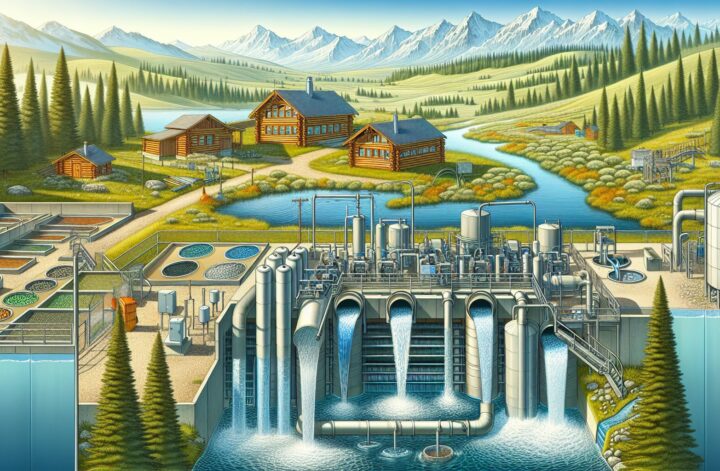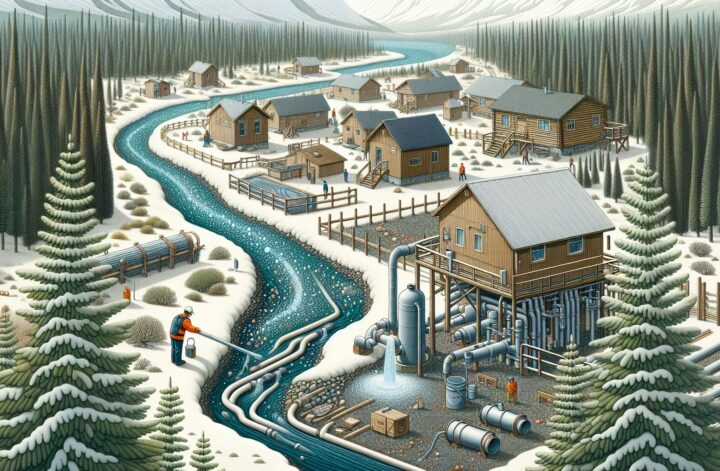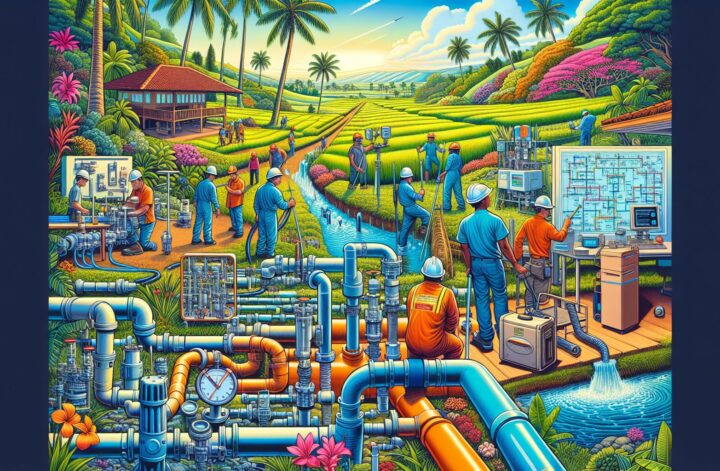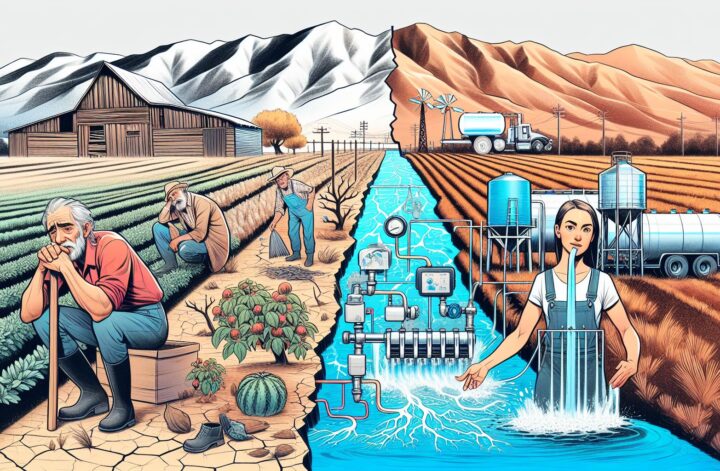Idaho, famously known as the Gem State, is renowned for its vast expanses of untouched wilderness, productive agriculture, and a treasure trove of natural resources. However, Idaho faces distinctive challenges in maintenance and improvement of water and wastewater systems largely due to its enormous rural areas.
In contrast to urban areas where centralized water treatment plants serve a high-population density, delivering clean water and managing wastewater is a complex affair in rural Idaho due to geographically dispersed households, and the often rugged and difficult terrain.
In most rural areas, households and small communities depend on wells to provide water for drinking and domestic use. The Idaho Department of Environmental Quality (DEQ) highlights that there are over 250,000 individual wells in Idaho. These wells are regulated by the state legislation under the Ground Water Quality Plan to make sure they meet the health and safety regulations.
Wastewater management in these areas often relies on individual septic systems or small-scope sewage treatment plants which are decentralized. There’s a high importance attached to the proper functioning and maintenance of these systems due to the sensitive nature of Idaho’s abundant ground and surface water resources to contamination.
The major challenge in rural Idaho lies in funding the updates needed to maintain the efficiency of these systems. Many rural communities struggle with the high costs associated with upgrading aging water and wastewater systems.
To tackle this issue, various federal and state programs, such as the Idaho DEQ’s State Revolving Fund Loan Program and the U.S. Department of Agriculture’s Rural Development Water and Waste Disposal Loan and Grant Program, offer financial assistance to these communities. These programs aid in infrastructure building, improvement of water and wastewater systems, and ensuring the supply of safe drinking water.
In the light of climate change and increasing demand, water conservation has gained significant attention in Idaho. Programs such as WaterSense and the Idaho Soil and Water Conservation Commission work towards the efficient use and preservation of water resources. They educate about water-efficient practices, implement water-saving technologies, and encourage the enhancement of water infrastructure.
Water utilities servicing rural Idaho face continuing challenges in maintaining their commitment to provide clean, safe drinking water, and effective wastewater treatment. Even with these challenges, these utilities, in partnership with state, and federal organizations, are ensuring that Idaho’s water resources are protected and preserved for future generations.
In the grand tapestry of Idaho’s rural life, the role of rural water and wastewater systems is a critical one. Regardless of where Idahoans live, access to clean drinking water, and effective wastewater management are necessary for public health, environmental sustainability, and overall quality of life.




